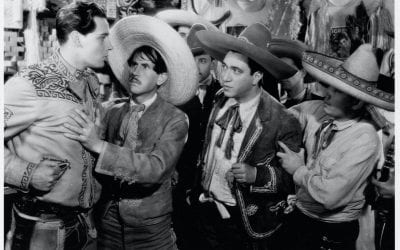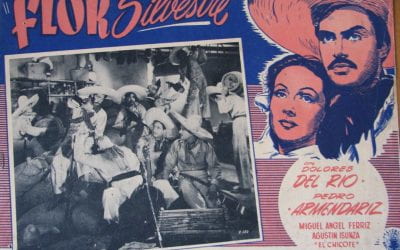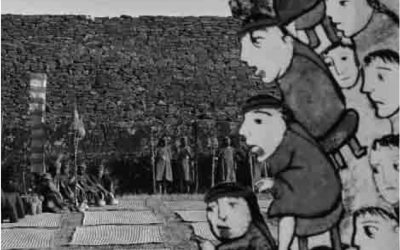Black Orpheus
In 1959, Marcel Camus’ Black Orpheus won the Palme d’Or at the Cannes film festival. With its haunting bossa nova soundtrack by Antonio Carlos Jobim and Luis Bonfá, the film became an international sensation. I saw it for the first time in 1962 while I was an undergraduate at Cambridge.
The ancient story of love and death is transposed by Camus to the annual carnival of Rio de Janeiro. Against the beat of low but continuous drums, the film is tied together by the haunting songs of “Manhã de Carnaval” and “o Nosso Amor.” Orpheus, played by Bruno Mello, and Eurydice, played by Marpessa Dawn, retell the ancient greek myth of a youth who travels to the land of the dead to bring back the woman he loves. orpheus becomes a street car conductor, and Eurydice a country girl visiting rio for the first time. the favela where the story unfolds looks down over the city and its beaches.
Death, portrayed in a skeleton costume by Adhemar Ferreira da Silva, pursues Eurydice who has fallen in love with Orpheus as he has with her. Chased into the terminal of the tram cars by Death, Eurydice tries to escape him by jumping and clutching the wires of the trams. orpheus arrives and switches these on while looking for her. She is electrocuted.
But the body of Eurydice is removed and orpheus visits the city’s bureau of Missing Persons to find out where she is. he attends a Macuma ceremony where he is able to establish contact with her spirit. he then collects her body from the city morgue. When he reaches the favela, his former girl friend rushes at him angrily and he falls backwards over the steep side of the cliff. the film ends with Benedito, a young friend of orpheus, strumming his guitar. Sitting together on the favela hilltop with Zeca, another young friend, a little girl dances before them. together they welcome the morning sun as it arises over the Rio de Janeiro horizon. I saw the film again last night for the first time since 1962 in a DVD from the Criterion collection. It was as magnificent as I remembered it.
Fall 2009, Volume VIII, Number 3
Kenneth R. Maxwell was a Visiting Professor of History at Harvard University and directed the DRCLAS Brazil Studies Program. He is the author of several books, including Naked Tropics: Essays on Empire and Other Rogues and The Making of Portuguese Democracy. He is currently working on a book on the Lisbon Earthquake.
Related Articles
Oscars for Mexican Filmmakers
English + Español
A couple of years ago, in 2007, the so-called Three Amigos (the filmmakers Alfonso Cuarón, Guillermo del Toro and Alejandro González Iñárritu) went up on stage for the 79th Oscar Awards presentations. Their three films (Children of Men, Pan’s Labyrinth and Babel, respectively)/Hace poco tiempo, en el año 2007, los llamados Three Amigos (los cinerealizadores mexicanos Alfonso Cuarón, Guillermo del Toro y Alejandro González Iñárritu) subieron al escenario de la 79ª premiación del Óscar. En total, sus tres películas (Children of Men, Pan’s Labyrinth y Babel, respectivamente)…
Mexico’s National Museum of Film
Mexico has a long history of filmmaking, from the silent era to the present, with some particularly prolific periods that have been stimulated by state sponsorship and international recognition. Appreciation of the results began in the 1940s, when Mexican films won prizes at…
Eréndira Ikikunari
Hucha mítetixapquia escacsi hupiringa, máteru cuiripuecha. Atahpiticha encacsi tyámu xucuparhapca ca engacsi cacapequa úquaaca imaechani engancsi cuahpequarhenga. Ma cuiripuhcu no cherheaspti. Yurhistsquiri ma enga naneni, hamemquia Eréndira arhicurhispti…




